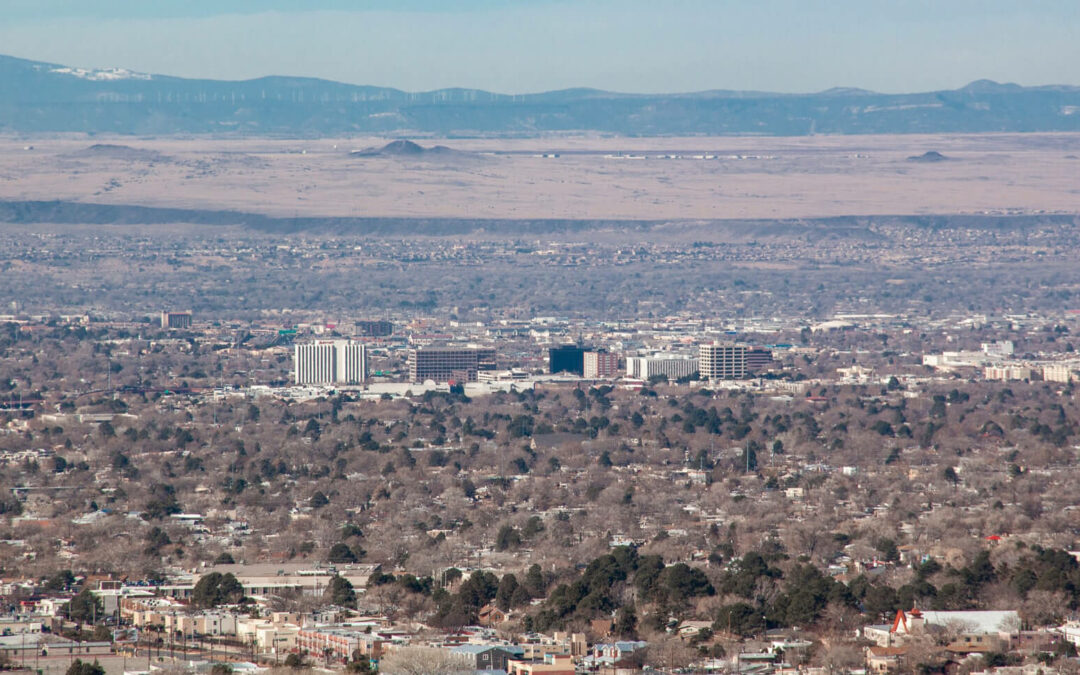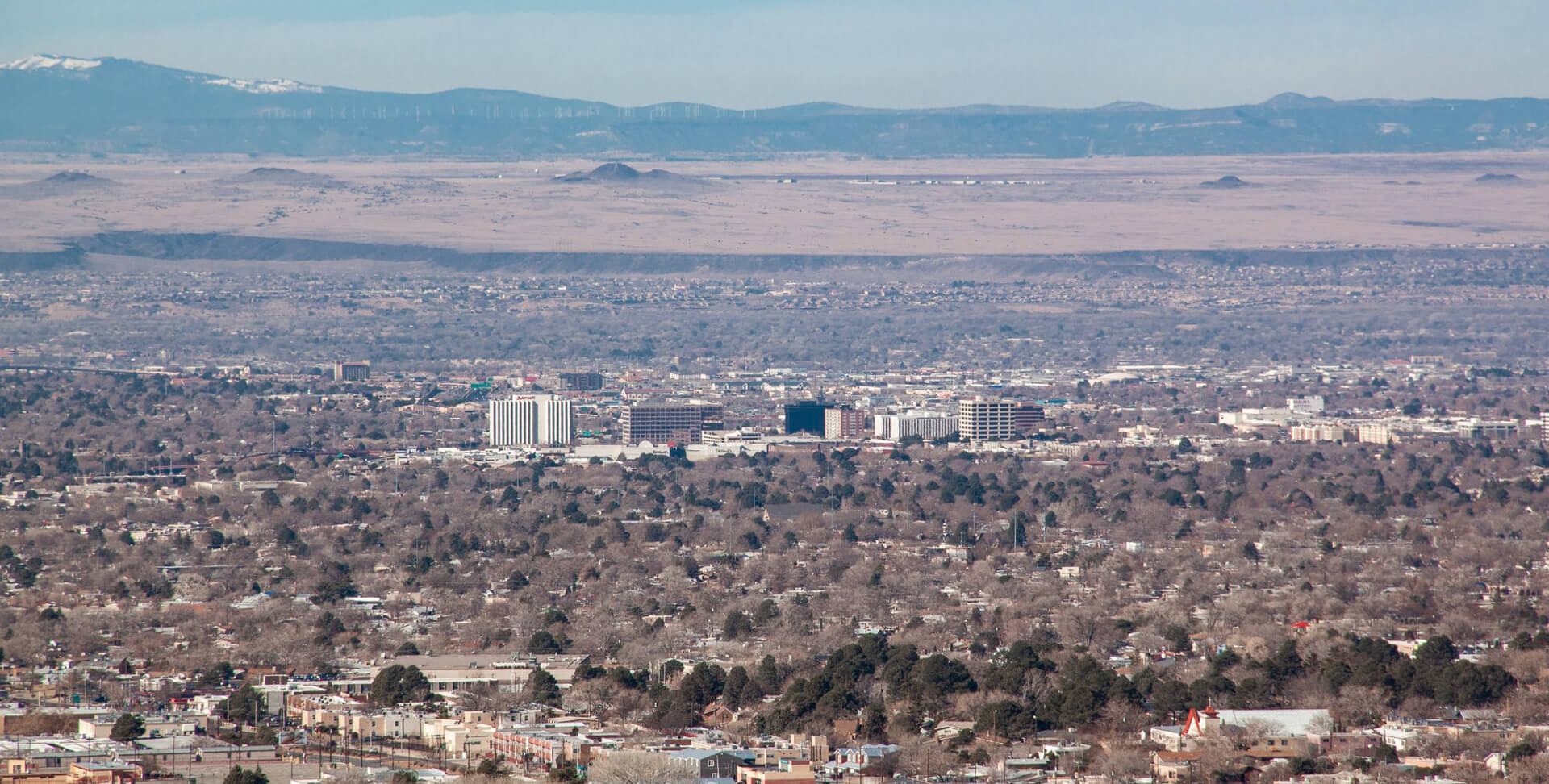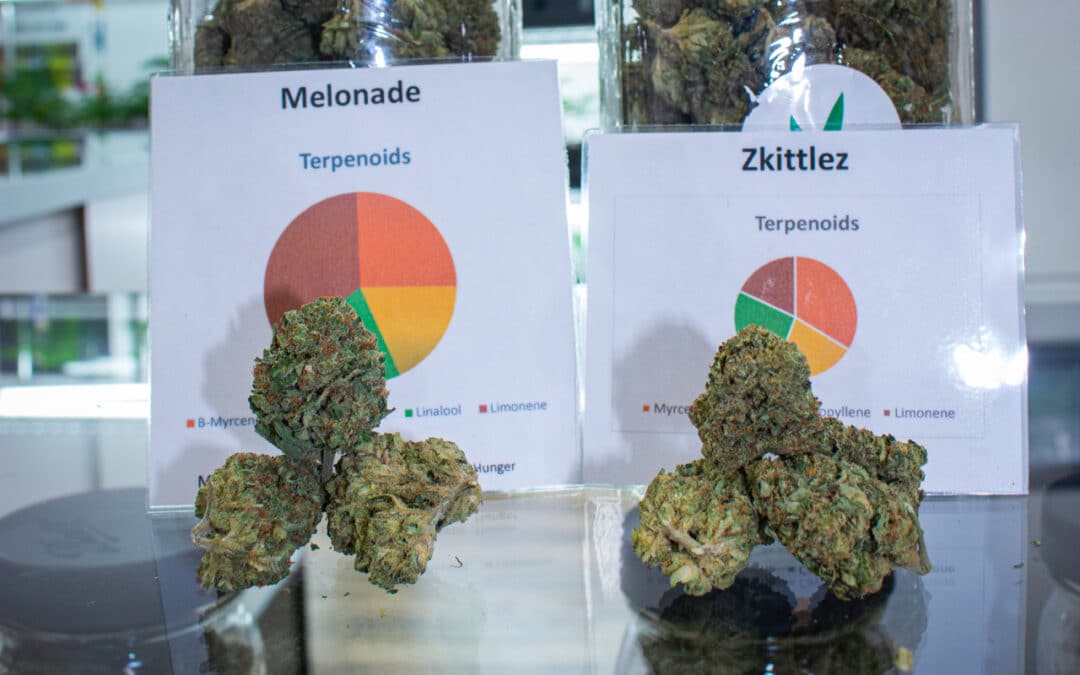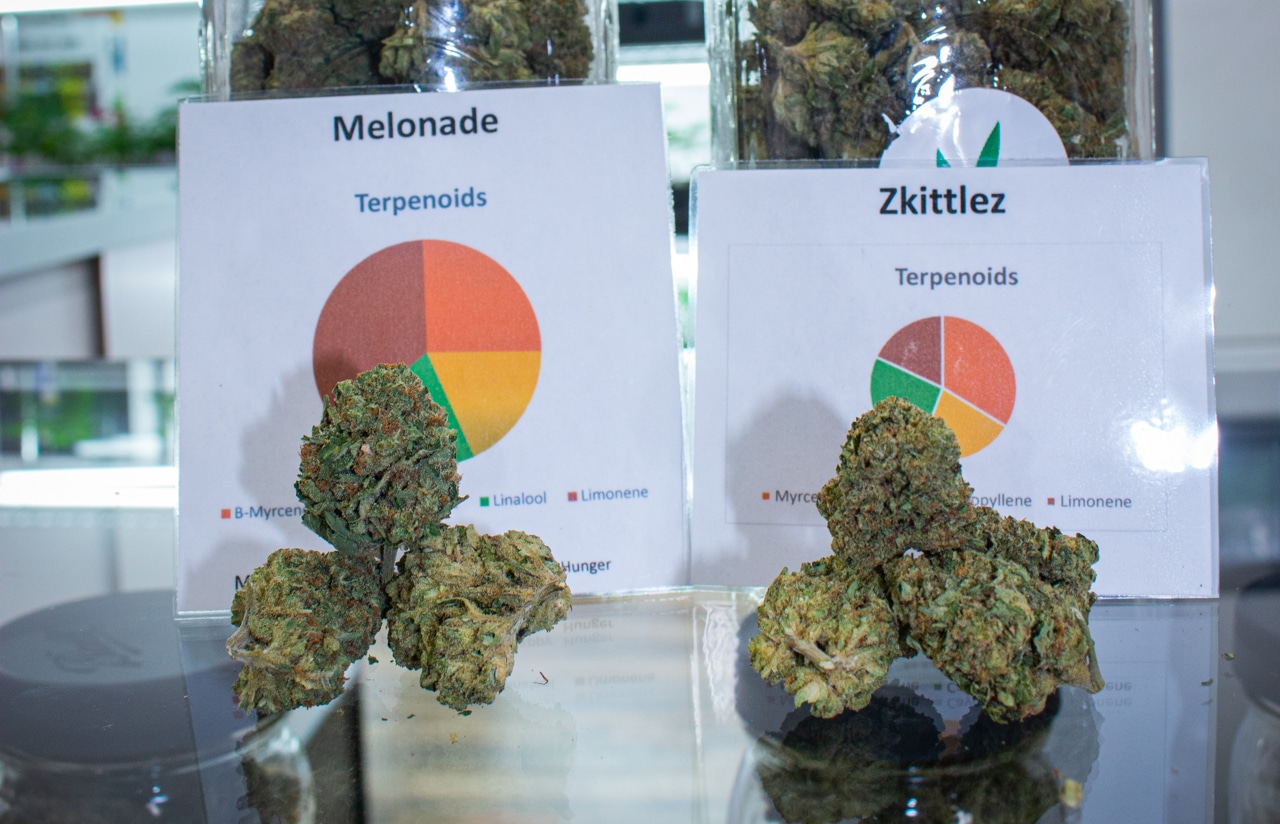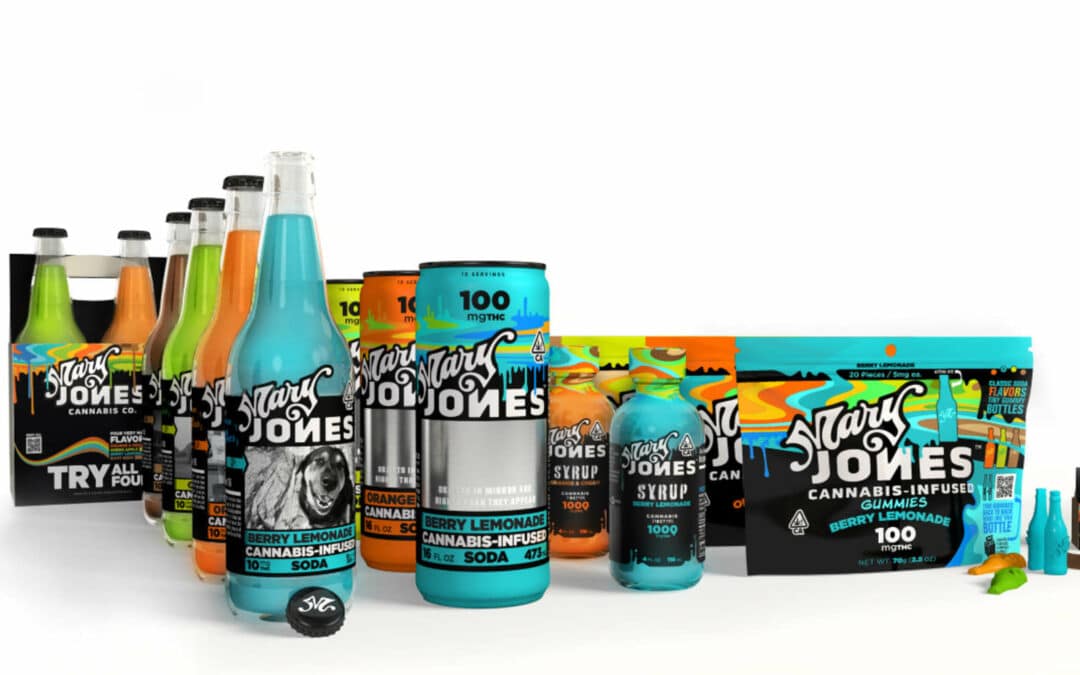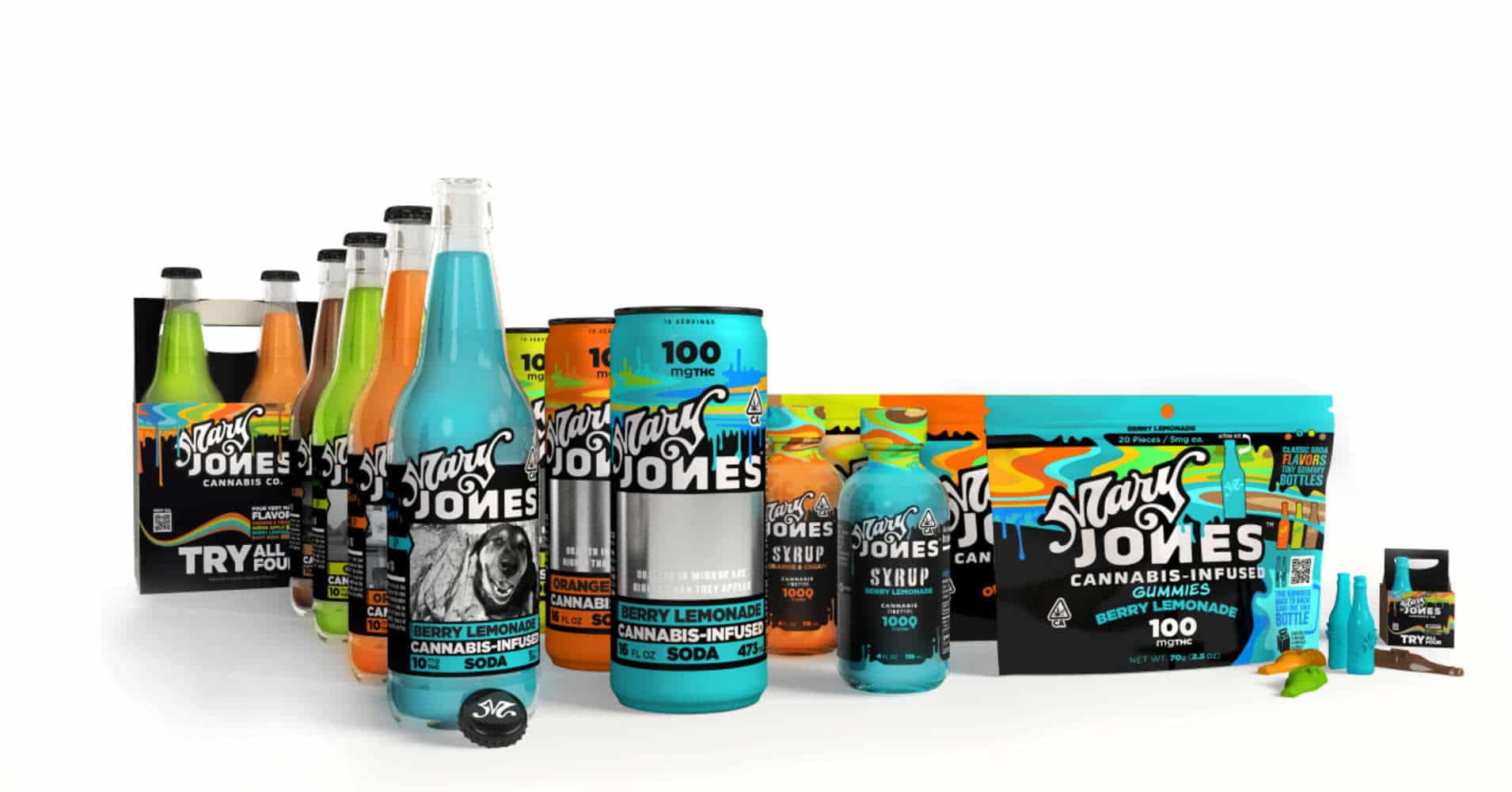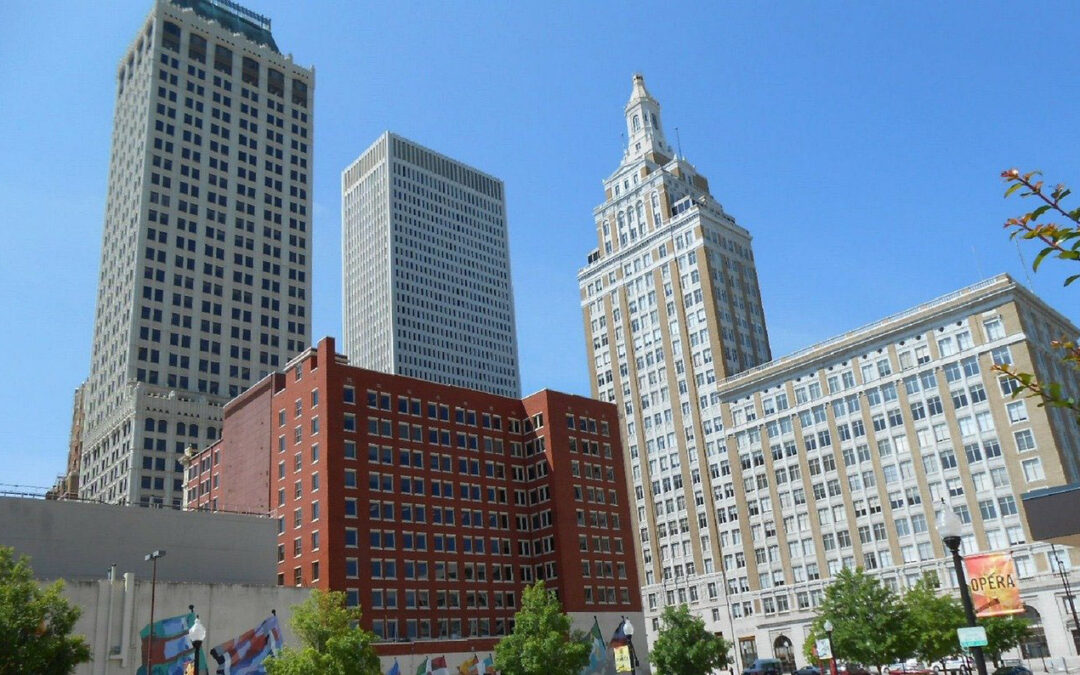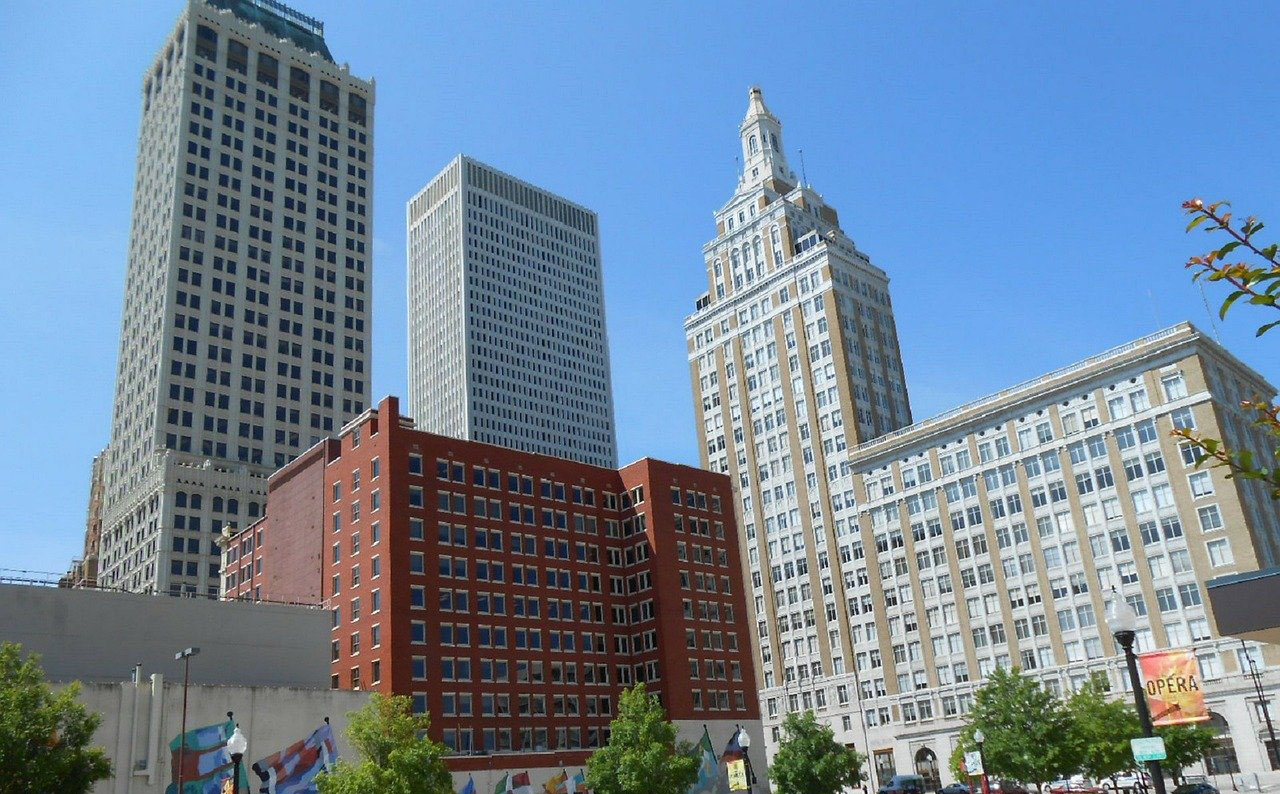
Michigan opens first cannabis consumption lounge

The first marijuana consumption lounge is set to open its doors later this month in Hazel Park.
Hotbox Social will start off with private events and then will open to the public later in the year.
It’s the first of its kind to be granted a state permit where users can recreationally light one up or smoke a bong.
But there’s a catch, you can’t bring in your own stash just yet.
“We’re able to accept deliveries from any retailer in the area. We don’t actually sell here,” CIO at Trucenta Nowfal Akash said. “Delivery drivers show up and maintain the transaction inside where it’s safe.”
Experts will also be on hand to teach those who are new users.
“The FDA has a certain recommendation about 5mg as an initial dose. We want to cut that in half and probably float around the 2-2.5mg range for a first-timer just to be safe,” Akash said.
Michigan is now the 7th state to allow these consumption lounges.
“We saw a need for a way for social consumption to occur in a responsible manner,” Michigan’s top Cannabis Regulator Andrew Brisbo said. “We can ensure the safety of the employees working in those types of establishments.”
There are a lot of regulations for these consumption lounges including an adequate ventilation system.



